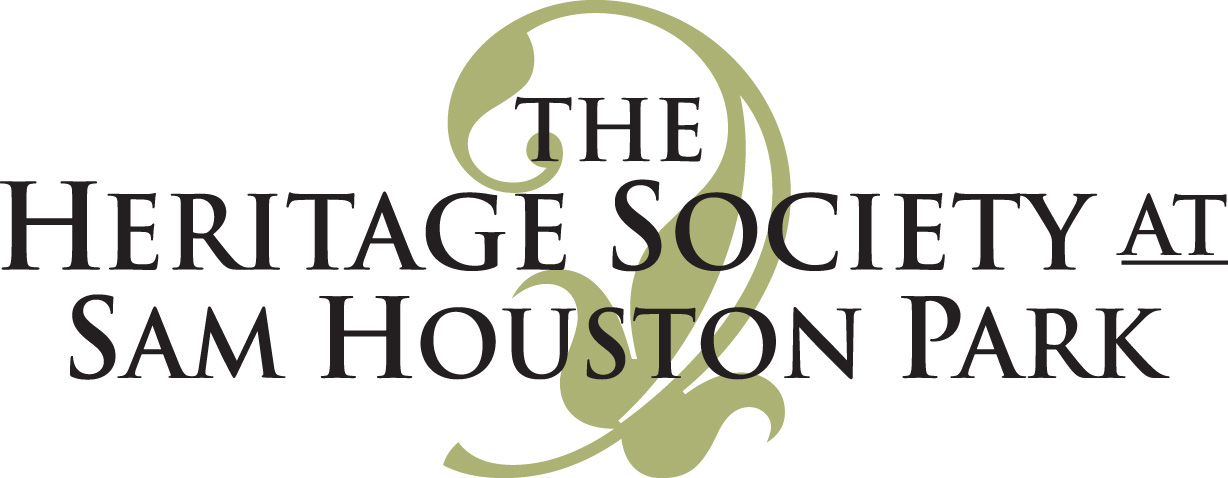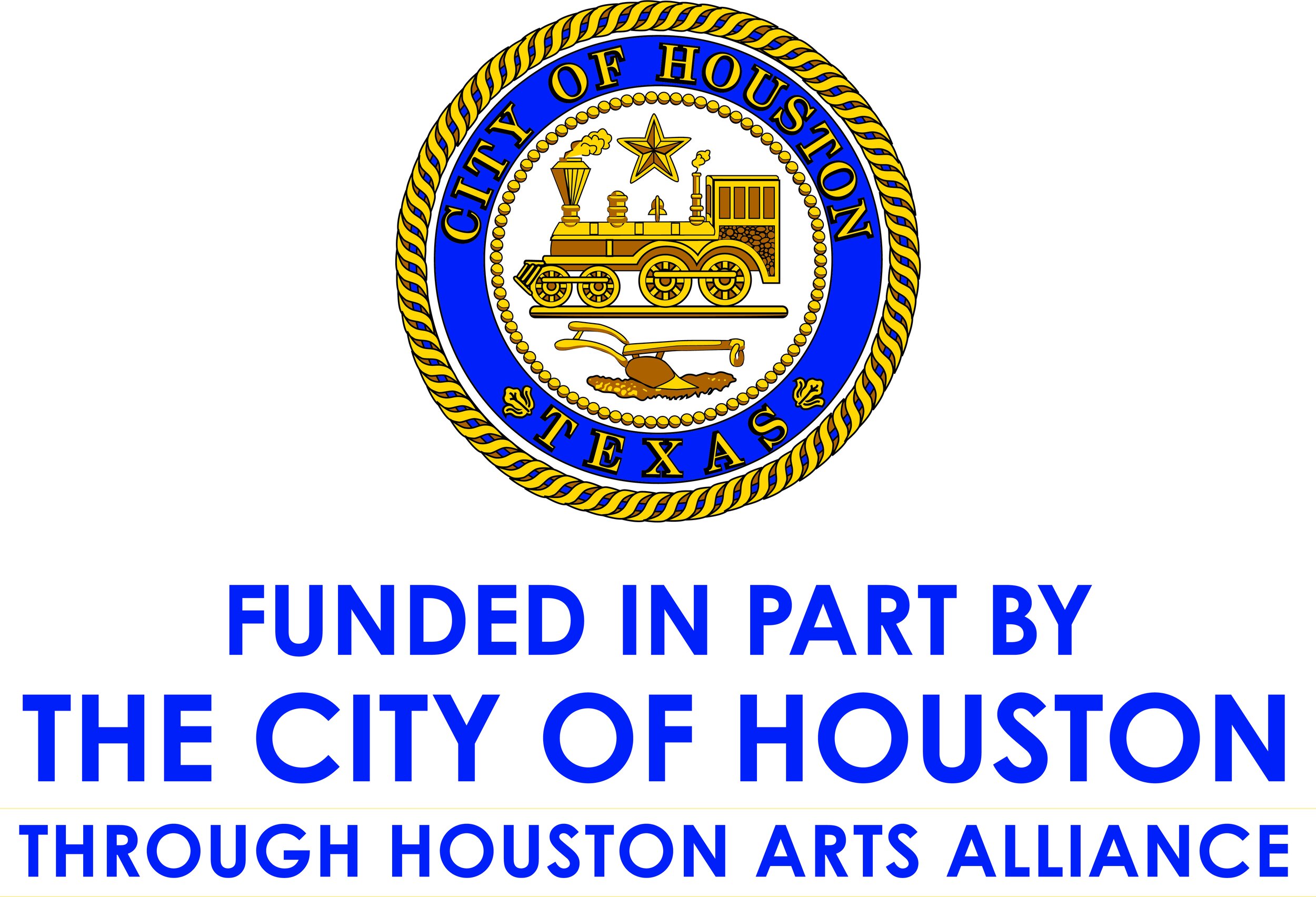B.A. Shepherd-Investing in Houston
Born in Virginia in 1814, Benjamin Armistead Shepherd was arguably the most prominent and enduring money lender in early Houston. Most Texans in the era of the Republic through the end of the Civil War did not support the establishment of chartered banks. This did not preclude savvy businessmen of the time from operating a private lending system. Land and cotton agents, mercantile firms and commission houses filled the void by extending credit and dealing in foreign and domestic exchanges. Men like William Marsh Rice, T.W. House, and B. A. Shepherd would sell equipment and supplies on credit, import manufactured goods on commission, and advance cash at the beginning of the growing season - all of which was in exchange for liens on the planter’s crops and lands. They also charged interest or a fee for their services. These men gained considerable wealth, but B.A. Shepherd’s prominence grew beyond most of his colleagues as he eventually presided over the First National Bank of Houston for nearly 25 years.
Shepherd left his home state of Virginia in 1833 and worked his way to Nashville where he met and married his wife, Mary Hobson. The couple then traveled to New Orleans, and finally to Galveston in 1839 where Shepherd helped organize the mercantile firm of Crawford and Shepherd. He then moved his growing family to Houston to manage the firm’s Houston branch. In 1844 Crawford sold his portion of the partnership to Andrew Jackson Burke and the firm became the independent enterprise of Shepherd and Burke. The company did a considerable credit business and in 1848 Burke bought an entire city block in downtown Houston. In 1854 Shepherd sold his share of the business to Burke and opened his own Shepherd Exchange and Collection office.
Shepherd’s business interests expanded beyond banking to steamships, railways, and cotton mills. He even formed a company to grade and build a plank road on Washington Avenue. One of his ventures resulted in the establishment of the town of Shepherd, Texas, located sixty miles north of Houston. In 1875 Shepherd traveled to San Jacinto County to build a town on the proposed Houston, East and West Texas Railway. Selecting a location near a former Coushatta Indian village, Shepherd laid out a townsite and depot, which subsequently became a local center for sawmilling and agricultural activities. Through all of these efforts, Shepherd became a highly respected business owner and investor.
counter Draft, First National Bank of Houston, 1867
After the Civil War, state and nationally chartered banks were sanctioned for the first time in Texas. In 1866, Shepherd became aware of the impending opening of the First National Bank of Houston with T. M. Bagby at the helm. Rather than remaining competitors, Shepherd merged his private bank with First National in 1867. In the beginning, the bank set up shop in Shepherd’s building at Main and Congress. Then in 1882, the bank purchased the one-half lot and improvements on the southeast corner of Main at Franklin. It was at this corner that First National operated until 1956 when it merged with First City National Bank of Houston. B. A. Shepherd was the bank’s President and Director from 1867 until his death in 1891. Three of Shepherd’s sons-in-law, Alexander P. Root, Owen L. Cochran, W. H. Palmer and Shepherd’s son Frank all worked at the bank. With Root acting as Director and President, a new First National Bank building was constructed in 1905 with expansions in 1909 and 1925. Today, the Corinthian, an elegant event space, occupies the lower part of the building and the upper stories are the Franklin Lofts.Shepherd’s great-grandson, William Kirkland, worked for First National for 36 years, carrying this Houston family banking dynasty well into the 20th century.
This desk was used by B. A. Shepherd during his tenure as President of the First National Bank in Houston. The Heritage Society Permanent Collection









